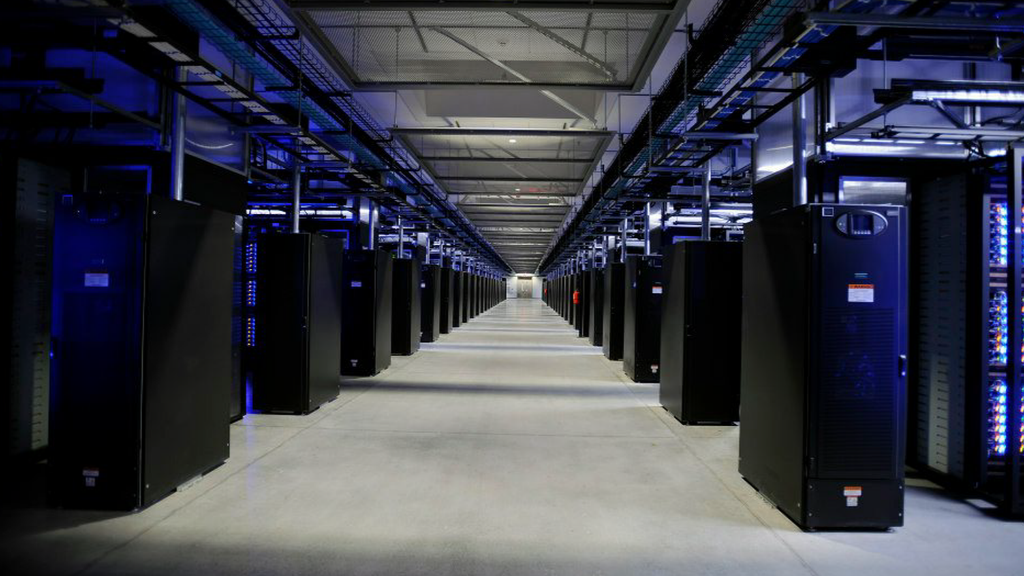
Do you keep hearing about "the cloud" but aren't sure what it is? Read on.
The cloud, simply, refers to software and services that run on the Internet instead of your computer. Apple iCloud, Dropbox, Netflix, Amazon Cloud Drive, Flickr, Google Drive, Microsoft Office 365, Yahoo Mail -- those are all cloud services.
There are many advantages to using the cloud. Since the videos, photos, documents, games and other software that lives in the cloud are available on any device with an Internet connection, you can access your stuff from anywhere.
The cloud lets you watch half an episode of Breaking Bad on your TV at home and finish it on your smartphone while riding the train. You can play Candy Crush on your iPad and continue to the next level on your PC at work (not that you'd ever play Candy Crush at work). You can buy a song on iTunes and have it automatically sent to all your iGizmos.
In fact, you might be surprised how much of your stuff is in the cloud.
That's because mobile apps and PC software are becoming inseparable from the cloud. For example, many services, including iCloud and Google+ Photos, automatically back up photos you take with your smartphone. (That can get you in trouble if, say, you take naked photos and delete them from your phone -- there' still a copy in the cloud.)
Related: How celebrities' nude photos get leaked
There's also a lot of personal information stored in the cloud that you didn't create. Health care providers store your medical records in the cloud, insurance companies put your claims there, and friends post photos of you on Facebook. That's a great convenience when you want to access the information -- and a bit scary when you hand the keys to your personal data over to third parties.
Is it safe? Only as much as you trust the company -- and your own passwords. Most cloud companies have excellent security records. But a recent bug in Apple's (AAPL) iCloud allowed hackers to guess celebrities' passwords as many times as they wanted until they got it right, letting them access nude photos.
Related: When 'delete' doesn't really mean delete
You can run from the cloud -- but it's becoming increasingly difficult to hide. Your job might require you to log onto cloud-based software. Microsoft's next version of Windows is expected to run some features of its operating system in the cloud.
So where does it all live? Instead of housing information on your hard drive or your phone's memory, your stuff is stored in massive data centers around the world.
Amazon (AMZN), Google (GOOGL), Apple, Microsoft (MSFT) and Facebook (FB) are among the biggest data center operators for consumer cloud services. There are 320 million iCloud users. Facebook users have uploaded more than 400 billion photos and add an average 350 million a day. Amazon's cloud services operate in 190 countries around the world.
That's a lot of data.
These companies' massive server farms are so vast and so power-hungry that they are responsible for more than 2% of the United States' electricity usage, according to researchers at Villanova University. If the global cloud computing industry was a single country, it would be the fifth-largest in the world in terms of energy consumption, according to Ed Turkel of Hewlett-Packard's Hyperscale Business Unit.
But it's not just consumers who use the cloud. Businesses are increasingly ditching their internal servers and software in favor of cloud-based ones.
Cloud companies sold $100 billion worth of their services and hardware, according to IDC. But the cloud still has a lot of room to grow: Companies are expected to spend $2.1 trillion on computers, servers, software and services, according to Gartner.
"The cloud" may be a nebulous term (get it?), but it's an everyday part of our lives.

